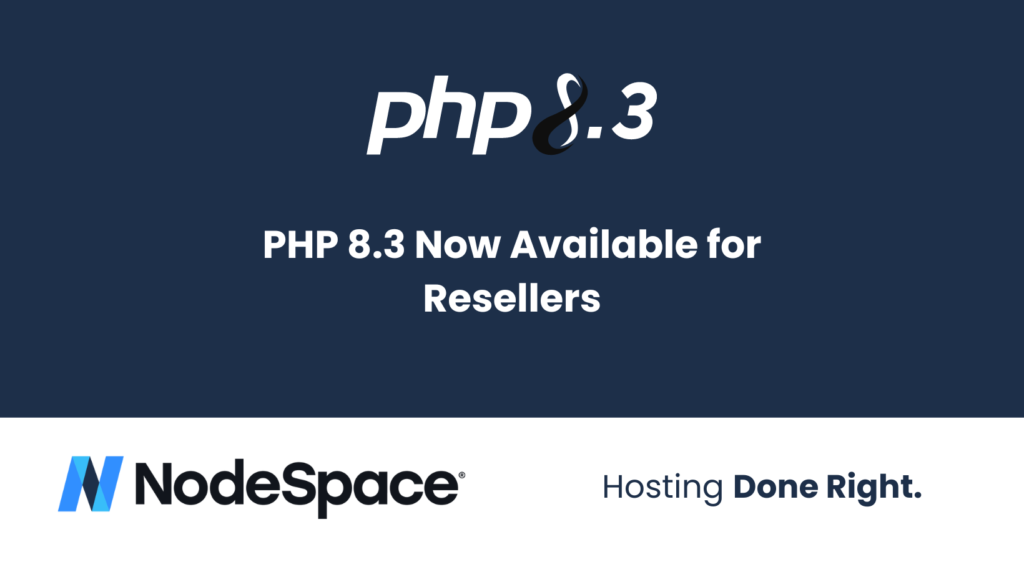In the dynamic landscape of web development, the recent release of PHP 8.3 marks a significant milestone, especially for resellers in the hosting industry. This article delves into the features, improvements, and implications of PHP 8.3 for resellers, providing insights into how it shapes the future of web hosting and development.
Introduction to PHP 8.3 for Resellers
PHP, a server-side scripting language, is the backbone of numerous websites and applications. The introduction of PHP 8.3 is a leap forward, bringing enhancements that affect not only developers but also resellers who offer hosting services. Understanding these changes is crucial for resellers to maintain competitive and up-to-date offerings.
Key Features and Improvements in PHP 8.3
PHP 8.3 introduces several improvements and new features, including:
- Performance Enhancements: One of the most notable aspects of PHP 8.3 is its improved performance. Faster execution times mean websites and applications load quicker, a crucial factor for user experience and SEO rankings.
- Enhanced Security: PHP 8.3 comes with strengthened security features. For resellers, this translates into offering more secure hosting environments, a critical selling point in today’s security-conscious market.
- New Language Features: PHP 8.3 introduces new language constructs and functions, making coding more efficient and reducing the likelihood of common coding errors.
- Improved Error Handling: Enhanced error handling in PHP 8.3 allows for more robust and stable applications, reducing downtime and maintenance needs.
Implications for Resellers
As a reseller, upgrading to PHP 8.3 offers several advantages:
- Competitive Edge: By offering hosting services that support the latest PHP version, resellers can attract a broader range of clients, especially those looking for high-performance and secure hosting solutions.
- Better Performance for Clients: Faster website performance not only satisfies existing clients but also aids in attracting new ones. It’s a key factor in client retention and acquisition.
- Enhanced Security Offering: With cyber threats on the rise, resellers can leverage PHP 8.3’s improved security features to provide a more secure hosting environment, thereby enhancing their value proposition.
- Support for Latest Applications: As more applications update to leverage PHP 8.3’s features, resellers need to ensure compatibility to support the latest software and tools.
Challenges and Considerations
While upgrading to PHP 8.3 is beneficial, resellers must consider:
- Compatibility Issues: Not all applications and scripts are immediately compatible with the new version. Resellers must plan for potential compatibility testing and updates.
- Training and Support: Resellers should equip their support teams with the necessary knowledge to assist clients in transitioning to PHP 8.3.
- Infrastructure Upgrades: Depending on the existing infrastructure, upgrading to PHP 8.3 might require hardware or software changes.
Conclusion
The release of PHP 8.3 is a significant event for the web hosting industry, especially for resellers. By understanding and leveraging its new features and improvements, resellers can enhance their service offerings, ensuring better performance, security, and customer satisfaction. However, it’s essential to approach this transition with thorough planning and consideration of potential challenges.
References and Further Reading
Resellers looking to delve deeper into PHP 8.3 can refer to the official PHP documentation, web development forums, and hosting industry publications for in-depth technical insights and practical advice on making the most of this new version.


